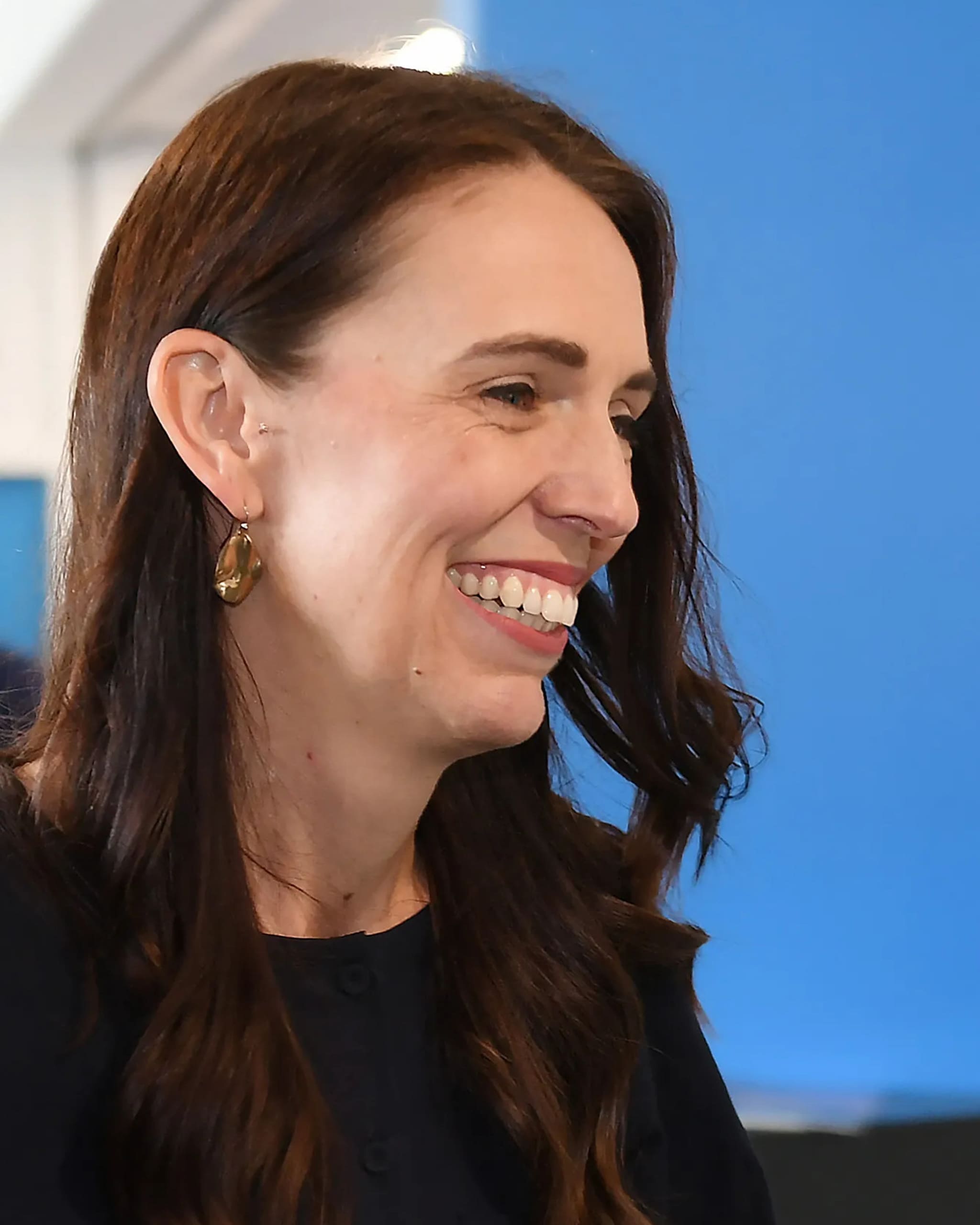Kerry Marshall/Getty Images
“The only interesting angle you will find is that after going on six years of some big challenges, that I am human,” she told gathered reporters.
During a caucus meeting for the Labour party in New Zealand on 19 January, Jacinda Ardern announced she would be stepping down from the role of Prime Minister from 7 February, explaining that she simply “no longer had enough in the tank” to do the job properly. “I’m leaving, because with such a privileged role comes responsibility—the responsibility to know when you are the right person to lead and also when you are not,” she continued. “I know what this job takes. I know there will be much discussion in the aftermath of this decision as to what the so-called ‘real’ reason was… The only interesting angle you will find is that, after going on six years of some big challenges, I am human. Politicians are human. We give all that we can, for as long as we can, and then it’s time. And for me, it’s time.”
Ardern’s election in 2017 at the age of 37 made her the youngest female head of government in the world at the time, with her five-and-a-half-year tenure witnessing the Christchurch attacks, the Covid-19 pandemic and the Whakaari eruption. She also became only the second world leader to give birth while in office—following Pakistan’s Benazir Bhutto in 1990—after welcoming her daughter, Neve Te Aroha, in 2018. She later brought the three-month-old to a United Nations General Assembly in another historic moment.
“For all our firsts, I’m proud we’re now a nation where girls don’t consider politics or political leadership extraordinary,” Ardern wrote in British Vogue’s September 2019 issue, guest edited by the Duchess of Sussex. “But I’ll be even more proud if that leadership of the future bucks the global trend and looks beyond borders, election cycles and established ways of doing things. For them, I hope we’ll see the exceptional finally becoming the rule, that kindness and compassion can be powerful and strong, and that we’re willing to face the changes we have to face, while staring down the ones we don’t.”
News of Ardern’s departure has been met with a mixed response—with some seeing her resignation as a response to waning popularity as a result of strict Covid-19 restrictions and the cost-of-living crisis. The majority, however, have praised Ardern’s accomplishments during her years in office, and her candor about her reasons for stepping back from the role—with opposition leader Christopher Luxon thanking her for “taking on what is a difficult and demanding job”. “I think that the way that she led New Zealand through those Christchurch terror attacks in a way we all felt proud about… and the way that she has always been a good ambassador for us on the global stage are things that will be really important in her legacy.” Ardern’s party will choose another leader imminently, with the next general election in New Zealand scheduled for 14 October.
This article was originally published on British Vogue.
